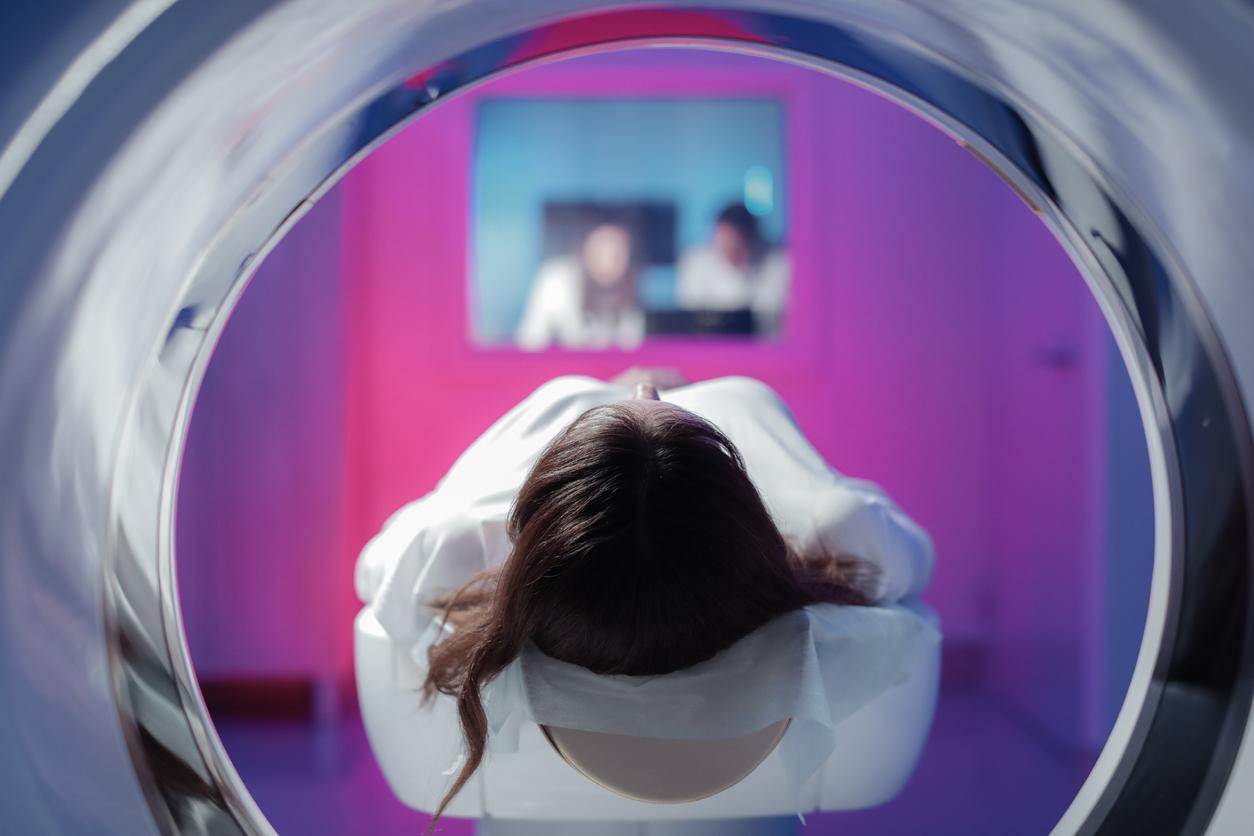Luteran and Lutenyl, prescribed for endometriosis, menopausal symptoms, menstrual disorders or fibroids, are suspected to be linked to cases of brain tumours.

A few months after warning about the risks of Androcur (Bayer laboratory) and its generics, the Medicines Agency (ANSM) has just launched the alert on two other drugs. Luteran and Lutenyl are prescribed for the management of menopausal symptoms, painful or heavy periods, endometriosis and fibroids. They would involve a “new possible risk” of brain tumors, the ANSM announced on Friday.
Several cases of meningiomas associated with these drugs
Indeed, cases of meningioma have been associated with the use of either of the Luteran (chlormadinone acetate), Lutenyl (nomegestrol acetate), or their generics. These drugs, sold by nine laboratories, have in common that they are derivatives of a hormone, progesterone. This is often prescribed to women in the case of problems related to menstruation. The ANSM considers that patients should be informed of these risks, although more moderate than those associated with Androcur. The ANSM has indeed added, in an information point available online, that these declared cases of tumors “do not allow us to conclude, at this stage, that women who use these drugs present a higher risk of meningioma than that observed in the general population.
An epidemiological study will be launched
The risk associated with taking these two drugs is therefore not yet fully proven. To determine what link there really is between the appearance of meningioma and the use of Luteran and Lutényl, a epidemiological study will be carried out in the coming months.
Experts from Epi-Phare, a public expertise structure bringing together the Medicines Agency and Health Insurance, will lead it. A pharmacovigilance survey is also underway to better characterize this risk. But the ANSM did not wait to send “new recommendations” to health professionals (gynecologists, endocrinologists, general practitioners, pharmacists, neurologists, neurosurgeons). According to her, these reports must be taken into account now to review the benefit/risk balance with each patient with all the information at her fingertips.
New recommendations: prescribe at a lower dose and for a shorter period
Physicians prescribing one of these two treatments should also check their patient for the absence of a known tumor or history. In the event of a diagnosis of meningioma, the treatment must be “stopped immediately and definitively”, and it will then be necessary to consult a neurosurgeon. Finally, they will have to “prescribe [ces médicaments] in accordance with the indications authorized by the MA” and “prescribe them at the lowest possible doses and for the shortest possible duration”. side effect suspect, they must report it on the signalement-sante.gouv.fr portal.

.















